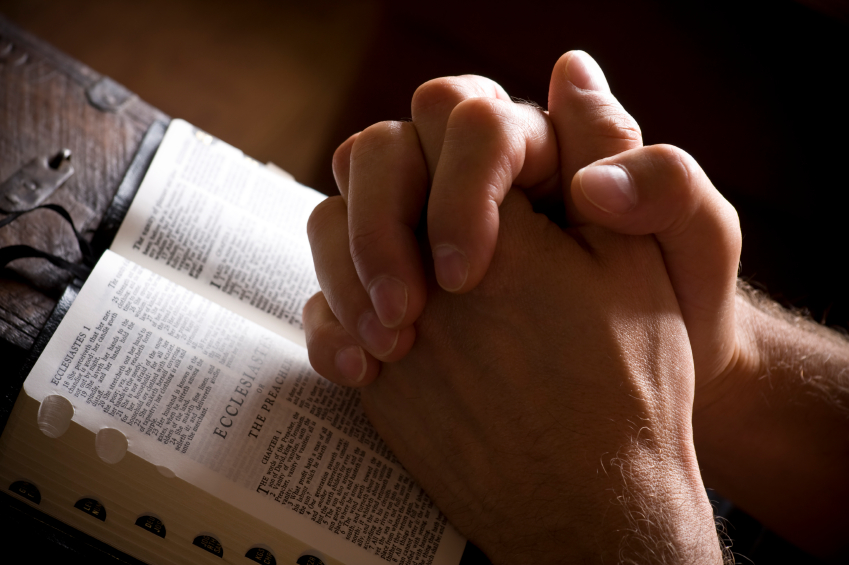Have you ever experienced a moment in your life where a Newfound Revelation Of something greater than yourself leads to a renewed dedication to a higher purpose? It’s as if a new era of hope dawns upon you, marked by significant events like marriages, the birth of children, and a fresh commitment to serving a higher power. This phenomenon forms the backdrop of Gerard Troise’s absorbing book, “King Josiah the Untold Story.” Troise’s book is a unique blend of religion, spirituality, history, thriller, and suspense, making it an engaging read that defies conventional genre categorization. essentially, the plot revolves around the journey of repentance, forgiveness, and restoration, primarily focusing on the central figure of King Josiah.
In the annals of history, there are moments where the path of a nation shifts significantly, where the destiny of a people is reshaped by the conviction of a single individual. Such a moment happened in the encounter between King Ashurbanipal of Assyria and the captives from Jerusalem, notably King Manasseh and his companions. Curiosity sparked within King Ashurbanipal as he witnessed the firm faith and newfound peace of these hostages, leading to a profound admiration for their God. This interaction marked the beginning of a life-changing experience for King Manasseh and the city of Jerusalem. King Manasseh’s return to Jerusalem was not merely a physical homecoming but a spiritual awakening. With humility and determination, he set out on a mission to rid the land of idols and reinstate the worship of the Lord. This act of repentance set the stage for a new era of hope and renewal in Judah and Jerusalem. Under King Manasseh’s reign, marriages were celebrated, children were born, and a renewed dedication to serving God permeated the land.
Despite King Manasseh’s fervent efforts to rebuild Jerusalem’s walls and fortify the city’s defenses, hurdles loomed on the horizon. The legacy of idolatry and resistance to true reformation persisted among the people, hindering the full restoration of the Temple and the observance of sacred festivals. Yet, amidst these obstacles, a faithful remnant led by Shallum continued to uphold the promise of God’s eventual restoration. King Manasseh’s legacy extended beyond his reign, as he sought to impart spiritual values to future generations. The joyous celebration of his son Amon’s wedding symbolized the healing and unity taking place under Manasseh’s leadership. As he reflected on the birth of his grandson Josiah, King Manasseh recognized the prophetic significance of the child’s name and prayed for God’s guidance in the young prince’s life.
In his final days, King Manasseh shared his testimony of repentance and God’s faithfulness with his family. He imparted wisdom to his son Amon, urging him to rule with righteousness and serve the Lord. Moreover, he blessed his grandson, Josiah, foreseeing the pivotal role the child would play in the spiritual restoration of the nation. Through these acts, King Manasseh affirmed the importance of passing down spiritual values and the legacy of righteous leadership. The death of King Manasseh marked the end of an era characterized by repentance, forgiveness, and spiritual renewal. Despite his sincere efforts to lead his people back to God, King Manasseh remained misunderstood by many. The intense sorrow that gripped the palace upon his passing highlights the profound impact of his leadership.
This book is intended for individuals who find themselves amidst life’s turmoil, grappling with feelings of loss and confusion due to a lack of spiritual grounding and faith and love a heroic true story about real faith in action.





